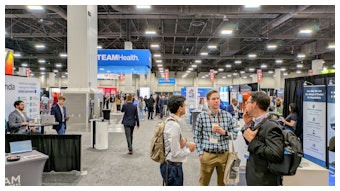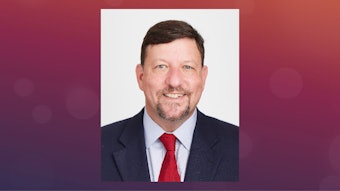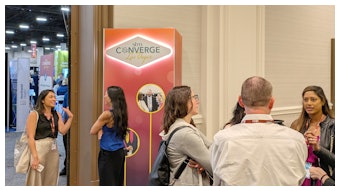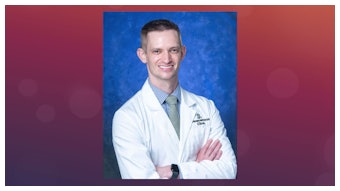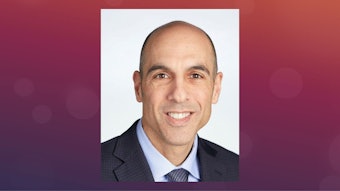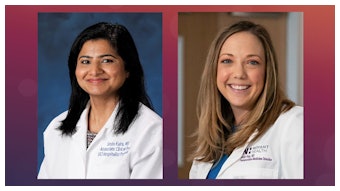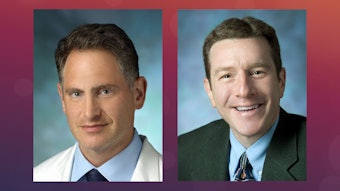In it for the long haul
Research continues for Post-Acute Sequelae of Covid-19.
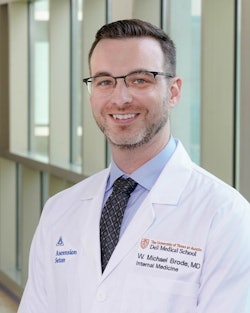
It goes by many names — Post-Acute Sequelae of COVID-19 (PASC), long-COVID, post-COVID syndrome, post-COVID, and chronic COVID-19, to name a few. But regardless of the vernacular, patients who increasingly dub themselves COVID “long-haulers” often come to physicians expecting answers.
William Michael Brode, MD, a general internist and assistant professor of medicine at The University of Texas at Austin, will present on Sunday a range of research dedicated to breaking down what the National Institutes of Health officially terms PASC.
In general, we can think of PASC as the presence of either continuing or completely new COVID-19 symptoms 12 weeks or longer after the first symptoms were detected. Beyond that, Dr. Brode said it’s a bit harder to pin down.
“What is hard about this is that there’s really no consensus diagnostic criteria, let alone a test, and that becomes a problem in the reporting,” Dr. Brode said. His take on the NIH definition is that it captures the scale and scope of the illness but is so broad that it’s clinically useless. “If it quacks like a duck, then maybe, just possibly, ducks exist,” he joked.
But there’s nothing humorous about the patients who are looking for answers.
“My approach in our program to all patients is, first of all, I believe them,” he said. “I think we should just show some humility. Doctors, when faced with the unknown, tend to downplay symptoms or say it’s all in your head, and I’ve met plenty of people who are high functioning and have unexplained symptoms.”
PASC is disproportionately affecting women and people of color, two groups which Dr. Brode said tend to have their concerns downplayed by physicians. The vast range of post-acute sequelae doesn’t help matters, either.
“The most common symptoms are fatigue, post-exertional malaise, neurocognitive impairment (brain fog), anxiety, shortness of breath, and palpitations,” he said. “On our intake surveys, the patients endorse a median of 19 symptoms, though.”
Research papers have suggested 33 different clinical phenotypes of long-COVID, but Dr. Brode identifies and plans to discuss what he calls three “flavors” of these phenotypes that he sees in his clinic:
- Post-ICU syndrome with end organ damage from critical disease
- Persistent symptoms including cough in people who have moderate to severe illness (whether hospitalized or not)
- Young people, predominantly women, who have new onset dysfunction of the autonomic nervous system.
“All of these groups have severe fatigue, post-exertional malaise and ‘brain fog,’ but will usually have other features,” he says.
And who’s at risk for developing PASC?
“This is tough, once again. Most papers are saying the greater the initial severity, the sicker you were, the more the symptoms persist. That makes sense,” Dr. Brode said. “And I think the question people always ask me is, ‘What is the risk of developing post-COVID or long-COVID after a breakthrough infection for those who are vaccinated?’ The vaccine — the good news is it really protects for all of these, especially initial illness severity, but there definitely are in some studies reports of breakthrough infections developing PASC, and so we don’t’ know the exact measurement. I think that’s being actively studied too, but I can say the risk is less with vaccine, but it is not zero, unfortunately.”
Visit SHM Meeting News Central for more coverage.

